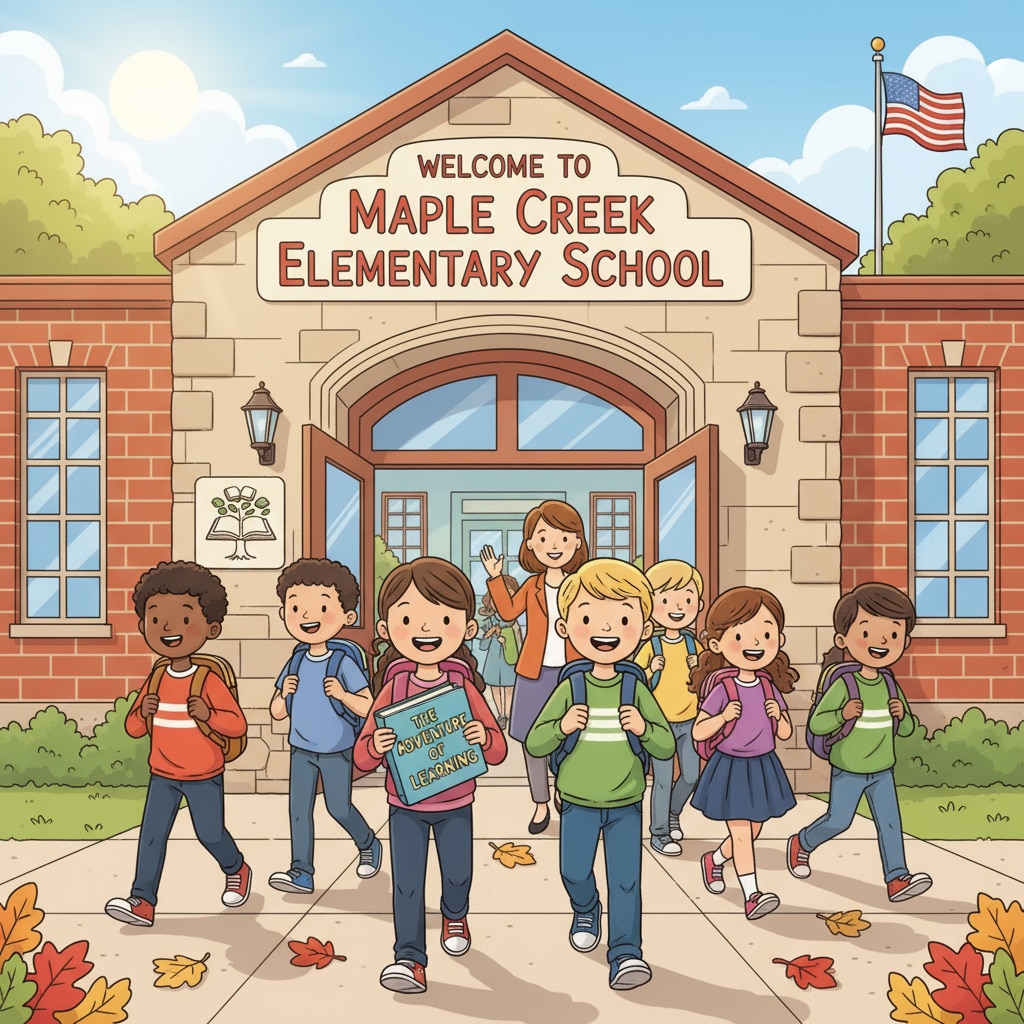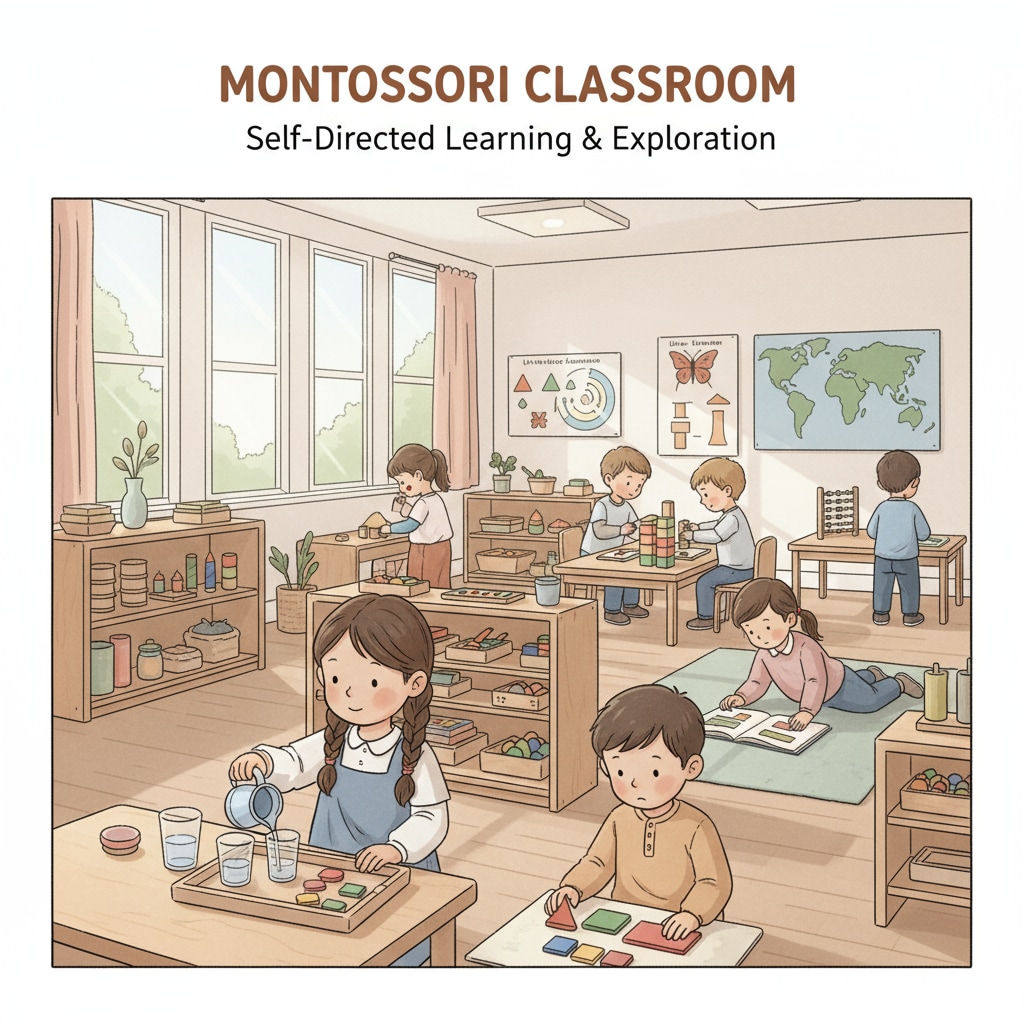Highly gifted children, especially those who may be twice-exceptional, often face unique challenges when making the transition from a Montessori environment to a public school. This shift can be a significant adjustment, but with the right strategies, it can also be a time of growth and new opportunities.

The Challenges of Transition
One of the primary challenges is the difference in teaching methods. Montessori education emphasizes self-directed learning, with children choosing their activities and working at their own pace. In contrast, public schools typically follow a more structured curriculum and schedule. For example, in a Montessori classroom, a child might spend hours exploring a particular topic, while in a public school, the pace is often faster, and there is less time for in-depth exploration. This change can be disorienting for highly gifted children, who may thrive on the freedom and flexibility of the Montessori approach.

Social and Emotional Adjustment
In addition to academic differences, twice-exceptional children may also struggle with social and emotional aspects of the transition. In a Montessori environment, the small class sizes and close-knit community often allow for more individualized attention. When moving to a public school, the larger class sizes and more diverse social dynamics can be overwhelming. These children may find it difficult to make friends or feel like they fit in. Moreover, the pressure to conform to a more traditional educational model can take a toll on their self-esteem.
Strategies for a Smooth Transition
To help these children adapt, it’s crucial to start preparing them early. Parents can talk to their children about the upcoming changes, explaining the differences between the two school environments in a positive way. Visiting the new school before the start of the term can also be beneficial. This allows the child to familiarize themselves with the building, meet the teachers, and get a sense of the daily routine. Another important strategy is to maintain open communication with the new school. Parents should share information about their child’s strengths, interests, and any special needs. This enables the teachers to create an individualized plan to support the child’s learning and development. Understood.org offers valuable resources for understanding and supporting twice-exceptional children.
Readability guidance: The content uses short paragraphs to present ideas clearly. Lists can be further incorporated to break down complex information. The passive voice is minimized, and transition words like ‘in addition’ and ‘moreover’ are used to connect ideas smoothly. Each H2 section provides a focused discussion on key aspects related to the transition of highly gifted, twice-exceptional children.


